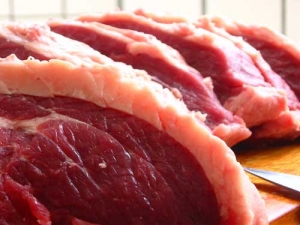Birth woes
OPINION: What does the birth rate in China have to do with stock trading? Just ask a2 Milk Company.
 Chinese scientists have signed a deal to set up a commercial animal cloning centre in the northern port city of Tianjin.
Chinese scientists have signed a deal to set up a commercial animal cloning centre in the northern port city of Tianjin.
Chinese scientists have signed a deal to set up a commercial animal cloning centre in the northern port city of Tianjin.
It will produce 100,000 beef cattle embryos initially, increasing to one million.
The plant in the Tianjin Economic and Technological Development Area (TEDA), a government-sponsored business development park, will also clone sniffer and pet dogs and racehorses. Its main building is now being built and is due to open in the first half of 2016.
Sinica, a subsidiary of Boyalife Group, which focuses on stem cell and regenerative medicine, signed the agreement with the TEDA this month.
Chinese farmers are struggling to produce enough beef cattle to meet market demand, said Xu Xiaochun, board chairman of Boyalife Group.
Scientists have cloned mice, cattle and other animals since the world's first cloned sheep, Dolly, was born on July 5, 1996 in Britain. Since 2000, Chinese scientists have cloned sheep, cattle and pigs.
China's first cloning company was set up in September 2014 in the eastern Shandong Province, first birthing three pure-blood Tibetan mastiff puppies. The firm is a joint venture between Boyalife and Sooam Biotech.
Until then cloning in China had been limited to scientific research.
Changed logos on shirts otherwise it will be business as usual when Fonterra’s consumer and related businesses are expected to change hands next month.
Reflecting on the past year, Horticulture New Zealand chief executive Kate Scott says there has been a lot to celebrate.
Ministry for Primary Industries (MPI) Director General Ray Smith is giving a big shout-out to the horticulture sector, especially kiwifruit.
Early forecasts for New Zealand's apples and pears point to a standout season marked by exceptional fruit quality and high pack-out rates.
Tickets are now available for Beef + Lamb New Zealand’s (B+LNZ) Out the Gate, returning from 19-21 May 2026 at Te Pae, Christchurch.
Dairy Women's Network (DWN) is welcoming AgriHealth as a new partner.